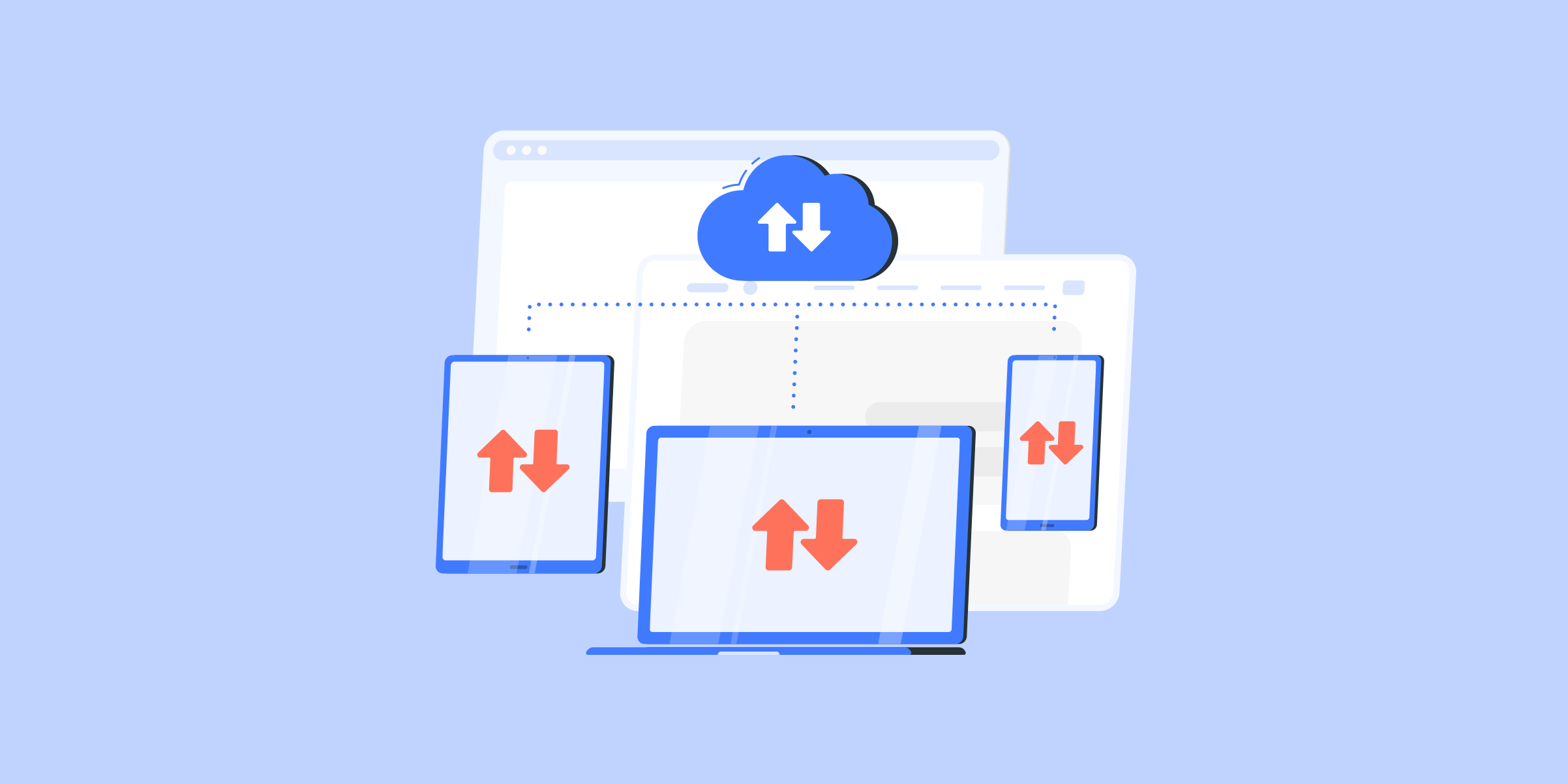住宅代理
來自真實 ISP 的白名單 200M+ IP。 透過儀表板管理/取得代理程式。

代理服務
抓取工具
從所有網站收集公開結構化數據
代理
住宅代理
來自真實 ISP 的白名單 200M+ IP。 透過儀表板管理/取得代理程式。
開始於
$0.6/ GB
Socks5代理
190多個地點超過2億個真實IP,
開始於
$0.03/ IP
無限住宅代理
IP與流量無限使用,AI智能輪換住宅代理
開始於
$1816/ MONTH
輪換 ISP 代理
ABCProxy 的輪替 ISP 代理程式可保證較長的會話時間。
開始於
$0.4/ GB
靜態住宅代理
持久專用代理、非輪換住宅代理
開始於
$4.5/MONTH
數據中心代理
使用全球穩定、快速、強勁的 700K+ 資料中心 LP。
開始於
$4.5/MONTH
移動代理
來自真實 ISP 的白名單 200M+ IP。 透過儀表板管理/取得代理程式。
開始於
$1.2/ GB
English
繁體中文
Русский
Indonesia
Português
Español
بالعربية

如何為SEO成功優化HTTP標頭
介紹:
在SEO的世界中,每個細節都很重要。雖然大多數網站所有者和營銷人員專注於優化內容、元標籤和反向鏈接,但不應低估HTTP標頭的重要性。HTTP標頭在改善網站性能、用戶體驗和搜索引擎排名方面發揮著至關重要的作用。在這篇博客文章中,我們將探討SEO中HTTP標頭的重要性,並提供如何最大效力優化它們的實用技巧。
1. 理解HTTP標頭:
HTTP(超文字傳輸協定)標頭是瀏覽器和 Web 服務器之間使用的通信協議的一部分。它們包含有關所請求的網頁的重要信息,如狀態代碼、內容類型、緩存指令、重定向規則等。HTTP標頭在 Web 事務的請求和響應階段都發送。
2. HTTP標頭對SEO的影響:
a. 頁面加載速度: 搜索引擎在排名網站時考慮的主要因素之一是頁面加載速度。HTTP標頭可以通過提供關於緩存、壓縮和瀏覽器緩存的指令來影響網頁加載速度。優化這些標頭可以顯著改善網站性能並增強用戶體驗。
b. 可索引性: 搜索引擎爬蟲依賴 HTTP 狀態代碼來了解網頁的可訪問性和可索引性。正確配置的標頭確保搜索引擎可以有效爬取和索引您的內容。例如,使用“位置”標頭設置 301 重定向可以在 URL 更改時將用戶和搜索引擎機器人重定向到正確的頁面。
c. 手機響應性: 隨著手機使用量不斷增加,手機友好性已成為關鍵的排名因素。HTTP標頭可以優化,以根據訪問網站的設備提供不同的內容,從而實現平滑的移動體驗。這可以改善您的搜索引擎排名並帶來更多的有機流量。
3. 優化HTTP標頭的最佳實踐:
a. 緩存和壓縮: 利用“Cache-Control”和“Content-Encoding”等 HTTP 標頭啟用瀏覽器緩存和壓縮。緩存允許瀏覽器在本地存儲靜態內容,減少重複請求的需求。壓縮減小文件大小,加快傳輸速度。
b. 重定向和狀態代碼: 使用“位置”標頭進行重定向,確保正確重定向而不會丟失鏈接權益。此外,確保您的網站返回適當的狀態代碼(例如,成功請求的 200、未找到的 404 和永久重定向的 301)。
c. 結構化數據: 使用“Content-Type”標頭實施結構化數據標記。結構化數據幫助搜索引擎更有效地理解並在搜索結果中顯示網站內容,提高可見性和點擊率。
d. 手機優化: 配置“User-Agent”標頭以提供網站的手機友好版本,增強移動用戶體驗。投資於響應式設計,確保移動版本輕量且快速加載。
e. 安全性: 使用“Strict-Transport-Security”標頭強制執行安全連接(HTTPS),並防範潛在的安全威脅。這不僅提高用戶信任,還對搜索引擎排名產生積極影響。
結論:
優化HTTP標頭可能看起來像是 SEO 的技術方面,但它可以極大地影響網站性能、用戶體驗和搜索引擎排名。通過遵循本博客文章中概述的最佳實踐,您可以確保您的網站標頭被正確配置以符合SEO指南,並為訪客提供無縫瀏覽體驗。請記住,即使是看似微不足道的細節,如HTTP標頭,也可以在SEO成功中產生重大影響。
相關文章

提高穩定性代理的訪問能力:解鎖ABCproxy節點限制
使用ABCproxy的高穩定性代理輕鬆解鎖受限內容。修復節點解鎖器的限制,享受無縫瀏覽。立即提升您的在線體驗!